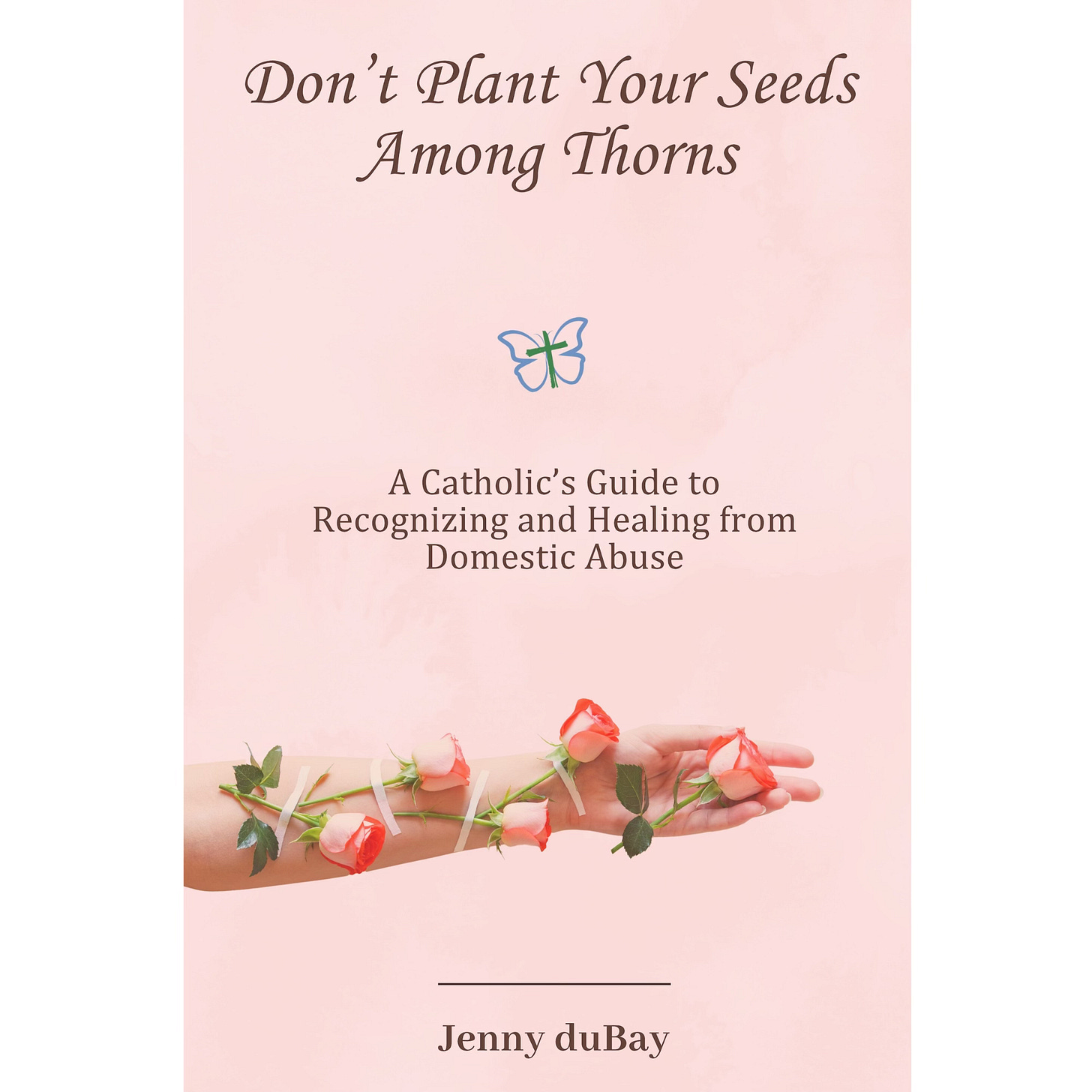Redeeming Anger: Resentment vs. Justice
Is it sinful to be angry?
Many of us were taught in childhood that we should suppress our anger because it’s bad. Perhaps we’ve been taught—by parents, clergy, teachers or other figures of authority—that anger is a sin.
But is it?
In the Summa Theologiae (II-II, Q. 158) St. Thomas Aquinas defines anger as “the desire for revenge,” yet he doesn’t leave it at that. In his usual meticulous detail, St. Thomas goes on to define sinful anger in contrast to what he calls zealous anger.
Anger is an emotion, and emotions happen. Quite often there’s not much we can do to prevent them from popping up and perhaps even hijacking our minds. It’s what we do with our emotions and how we allow them to impact our hearts that determine the difference between sinful and zealous. Understanding how sinful anger varies from zealous anger can open doors to healing, grace, and self-forgiveness.
Understanding how sinful anger varies from zealous anger can open doors to healing, grace, and self-forgiveness.
(Jenny duBay)
Psalm 4:4 states, “Be angry, but sin not; commune with your own heart.” In other words, Sacred Scripture itself informs us that not all anger is a sin. But how can we tell the difference?
Anger is sinful if we harbor a desire for revenge and feel malice in our hearts. Being angry about something that didn’t actually happen, or allowing our emotions to overtake us beyond moderation and right judgment, are also signs of sin. However, if we’re angry at a true injustice that another person has perpetrated against us—and our anger is in balance with the actual deed—then not only is our anger justified, but it’s praiseworthy.
To be angry is not always an evil … If one is angry in accordance with right reason, one’s anger is deserving of praise.
(St. Thomas Aquinas)
In his usual fashion, St. Thomas has quite a bit to say about sinful and zealous anger, but just a few quotes will help us discern the nature of the two types (from Summa II-II, Q. 158).
On Sinful Anger:
“The sin is when one is angry more than right reason demands.”
When anger gets in the way of fair judgment, it “therefore has the character of evil.”
Sinful anger is a form of hatred and “hatred desires absolutely another’s evil.”
“If one desire the taking of vengeance in any way whatever contrary to the order of reason, for instance if he desire the punishment of one who has not deserved it, or beyond his deserts … or not for the maintaining of justice and the correction of defaults, then the desire of anger will be sinful.”
“The movement of anger should not be immoderately fierce, neither internally nor externally; and if this condition be disregarded, anger will not lack sin, even though just vengeance be desired.”
On Zealous Anger:
When the intentions of the heart are “directed against vice and in accordance with reason,” this anger is good, and is called zealous anger.”
“If one desire revenge to be taken in accordance with the order of reason, the desire of anger is praiseworthy.”
Additionally, St. Thomas points out that “he who is not angry, whereas he has cause to be, sins. For unreasonable patience is the hotbed of many vices, it fosters negligence, and incites not only the wicked but even the good to do wrong.”
Heal Anger By Befriending It
Befriending our anger? How is that even possible, or healthy? The idea likely sounds counterintuitive to those of us who have been schooled in the idea that anger is always bad.
Befriending our zealous anger will help soften it into self-compassion. When we can befriend our zealous anger as rightly-ordered justice rather than as a means for malicious revenge, we allow God’s healing graces to flow through us. Unreasonable patience is allowing our boundaries to be violated and permitting ourselves to be manipulated, abused, or betrayed. The opposite of unreasonable patience is zealous anger.
Unreasonable patience “fosters negligence” and incites others to sin against us. Zealous anger establishes boundaries around the sins of others in order to safeguards our souls.
Zealous anger is an intense desire to safeguard our soul.
(Jenny duBay)
When we keep zealous anger bottled up inside it tends to grow “immoderately fierce,” which then morphs into sinful anger because of its intensity. If we repress our anger because we think it’s bad or sinful, it’ll take up space in our subconscious. Eventually, like a simmering volcano, it will explode in unhealthy ways. It’s better to express and process our anger than to keep it inside.
Even if we’re unable express our feelings in a healthy way to the person who harmed us—for example, if we’re afraid of retaliatory abuse—there are other ways to befriend zealous anger so we can ensure it doesn’t turn into sinful anger.
Acknowledging our anger is a first step in befriending it. We don’t have to push the emotion aside, label it as bad, or feel ashamed. Rather, we recognize the source of our anger and desire for justice.
We befriend our zealous anger by:
Acknowledging the feelings of irritation and hurt
Honestly praying about whether or not there’s a desire for revenge; if so, see this as an opportunity for healing through the Sacrament of Reconciliation and the acknowledgement that God is the only true judge
Setting up Christ-centered boundaries
We can also process anger through careful and intentional self-care. Some suggestions include:
Physical exercise
Adoration
Praying the Rosary
Spiritual direction or Christian coaching
Journaling
In conclusion, remember that anger is a passion of the sensitive appetite and “a passion of the sensitive appetite is good in so far as it is regulated by reason, whereas it is evil if it set the order of reason aside.” Anger is neither good nor bad. It’s merely a passion that can be used to correct vice and maintain the balance of justice, or a toxic tool of revenge and malice. Honestly contemplate your motives and your heart, and you’ll be able to discern whether or not your anger is wholesome.
Don't Plant Your Seeds Among Thorns: A Catholic's Guide to Recognizing and Healing from Domestic Abuse
In this book, Jenny duBay helps survivors of intimate partner violence identify their situation and begin to heal. With empathy and compassion, she covers such topics as what domestic abuse is, the trauma of sexual assault and coercion, verbal attacks and isolation, and the evils of manipulative control within intimate relationships. She also discusses details on what the Catholic Church teaches about personal dignity, sacramental marriages, and the nature of domestic abuse. Jenny reveals the impact intimate abuse has on targets, providing practical and Christ-centered ways heal—no matter where a survivor may be on her journey.
Purchase on Amazon (affiliate link)





Jenny, this is so well written, researched, and Catholic. Thank you!
Well said!